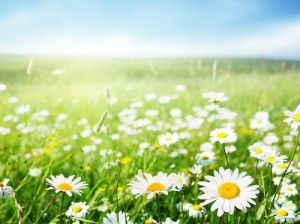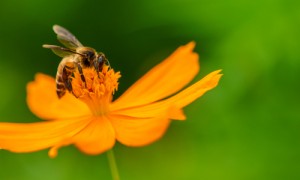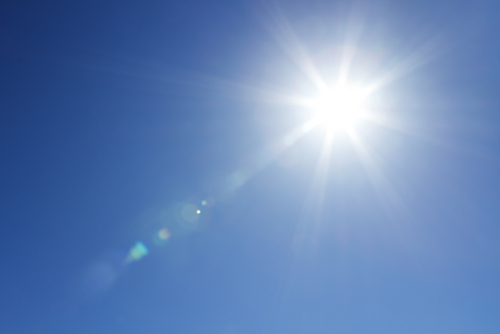With many parts of the UK enjoying periods of warmer, drier weather over recent weeks, pollen counts have been high, meaning that not everyone has rejoiced at the sun putting its hat on.
So far this season, however, pollen counts have been relatively low. The previously rather unsettled weather being the main reason for this. Thing is, as soon as the weather picked up, so did high pollen counts across many parts of the country. The Midlands is one of the worst places in the UK to be a hay fever sufferer, being land locked the wind blows pollen in from all directions.
The Met Office’s useful pollen forecast, sponsored by Benadryl®, uses latest weather forecast information and combines this with pollen readings from across the UK.
Health Manager at the Met Office, Yolanda Clewlow, said: “We have seen some very high pollen counts during the recent fine weather. Further high counts are also expected during periods of warmer, drier weather across most parts of England and Wales. However in Scotland the risk will be low to moderate. We would therefore recommend that hay fever sufferer’s check the Met Office pollen forecast every day and do all that they can to manage their symptoms.”
Ok then, nose plugs anyone? In all seriousness, hay fever can be a really unpleasant affliction and can put a real dampner on what should be a care free and enjoyable season. Eating local honey (although this has to be a year in advance) can help alleviate symptoms, as can growing huge tufts of nose hair…Keeping away from high pollen areas obviously makes sense, as does keeping your windows shut during peak times (at night and first thing in the morning). Wearing wrap around sunglasses while outside (no need to go all gangster and keep them on all the time) and smearing a little bit of Vaseline around your nostrils also helps.
The pollen season is split into three main phases with the grass pollen season lasting from mid May through to August, so a welcome reprieve is not too far away. Click here for a detailed breakdown of the different types of pollen and their peak times within the season. Plus, the latest detailed pollen forecast for your local area can be found on the Met Office website.
Bless you!
© Met Office







